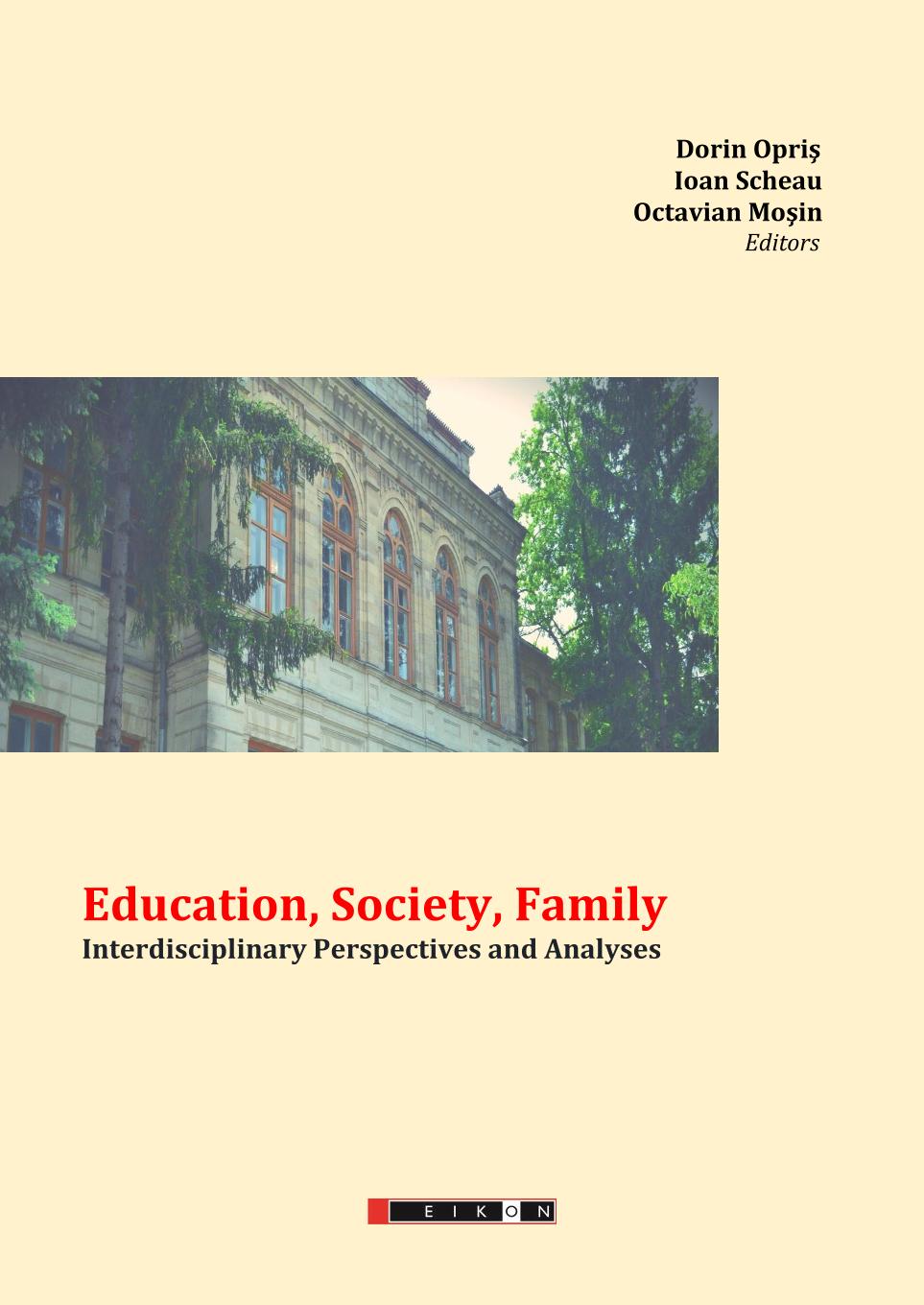PHILOSOPHICAL, PEDAGOGICAL AND RELIGIOUS REFERENCES ON THE EVOLUTION OF MORAL EDUCATION
PHILOSOPHICAL, PEDAGOGICAL AND RELIGIOUS REFERENCES ON THE EVOLUTION OF MORAL EDUCATION
Author(s): Adina Popovici
Subject(s): History, Philosophy, Education, Middle Ages, Theology and Religion
Published by: Editura Eikon
Keywords: history; morality; values; virtue; principles; teachings;
Summary/Abstract: The evolution of moral education reflects the transformation of human society. Since ancient times, moral rules and duties were established within the family and transmitted from generation to generation through short communications and maxims. In the period of antiquity, great emphasis was placed on the formation of children as good citizens, virtue being the most important teaching. It instilled respect for traditions and devotion to the state, in the case of boys, and to family and husband, in the case of girls. If in classical antiquity the emphasis was on promoting the autonomy of the individual, relating everything to his own spirit, which was the Supreme judge, the emergence of Christianity brings a radical change, man entrusting his soul to God, who distinguishes between good and evil. In the Middle Ages, the model was represented by the Knight. He had to prove honor, courage, humanity, tenacity, fidelity to the king. Freedom of will was not denied, but it was determined. The modern era emphasizes the importance of the inner forum. The promoted morality reflects confidence in the capacity of man, in his creative resources.
Book: Education, Society, Family. Interdisciplinary Perspectives and Analyses
- Page Range: 189-197
- Page Count: 9
- Publication Year: 2021
- Language: English
- Content File-PDF

